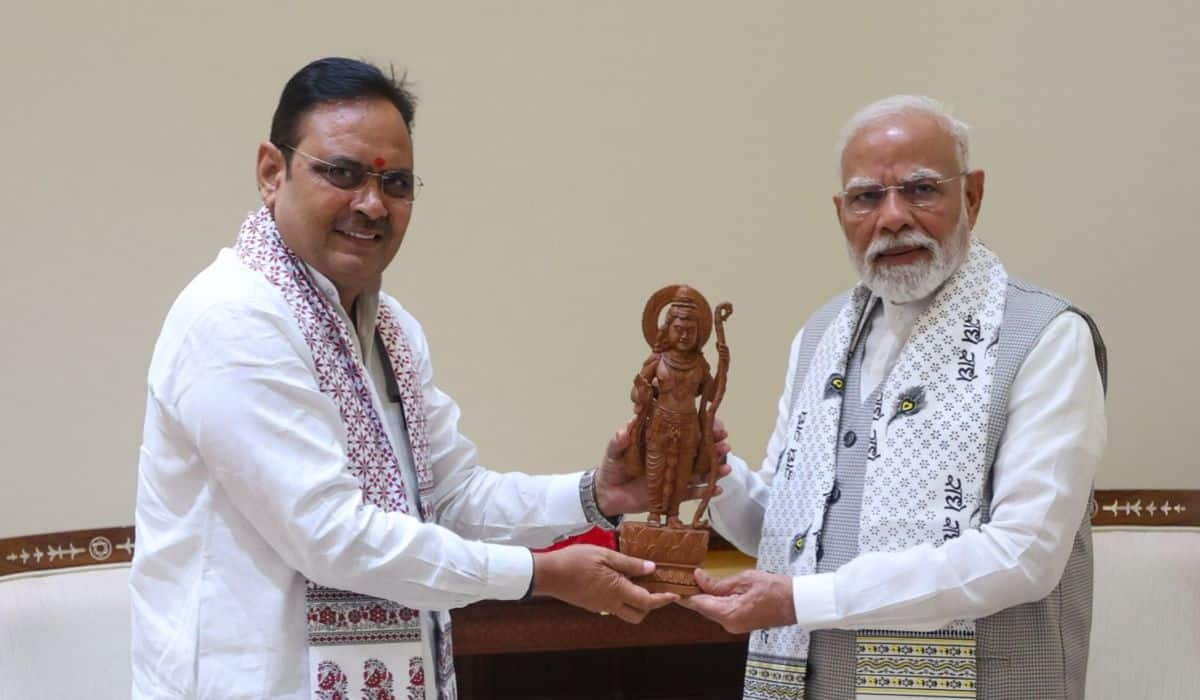The Prime Minister, Shri Narendra Modi, today said that the agriculture sector is key to eradication of poverty in India. Addressing a farmers` rally at Baramati in Maharashtra, the Prime Minister said that water storage capacities across the country will be enhanced through the Pradhan Mantri Krishi Sinchai Yojana. He added that NREGA will also be used to build water storage capacity. He said this will help improve productivity in the agriculture sector.

The Prime Minister noted that the period February to July was a lean period for school laboratories. He suggested that senior school students of Class 10 onwards could be trained for soil testing, and these labs could function as soil testing laboratories during this period.

The Prime Minister praised former Union Agriculture Minister Shri Sharad Pawar, who was present on the dais, for his contribution to agriculture development in India. He said democracy moves forward on the twin tracks of debate (vivaad) and dialogue (samvaad), and as those in power have a greater responsibility to initiate dialogue.

 The Governor of Maharashtra Shri Vidyasagar Rao, the Chief Minister of Maharashtra Shri Devendra Fadnavis, and Union Minister Shri Radha Mohan Singh were present on the occasion.
The Governor of Maharashtra Shri Vidyasagar Rao, the Chief Minister of Maharashtra Shri Devendra Fadnavis, and Union Minister Shri Radha Mohan Singh were present on the occasion.
The Prime Minister also visited the Krishi Vigyan Kendra and Vidya Pratishthan, and inaugurated the Appasaheb Pawar Auditorium at Baramati.

















